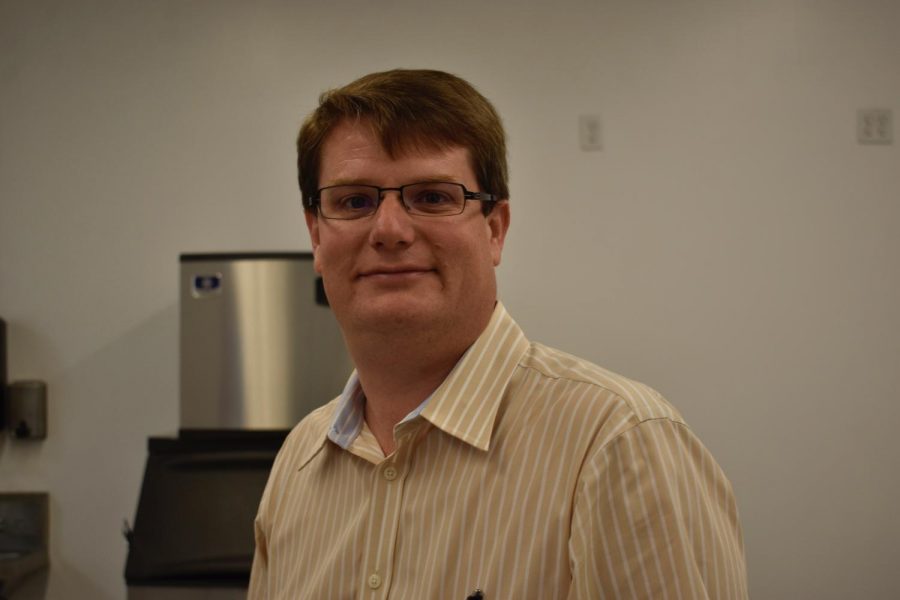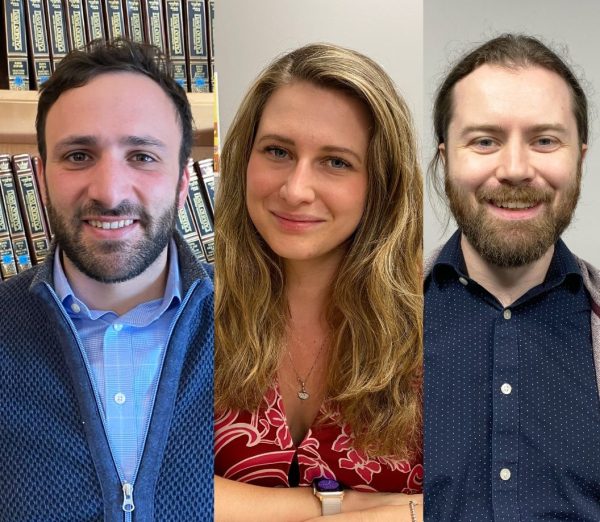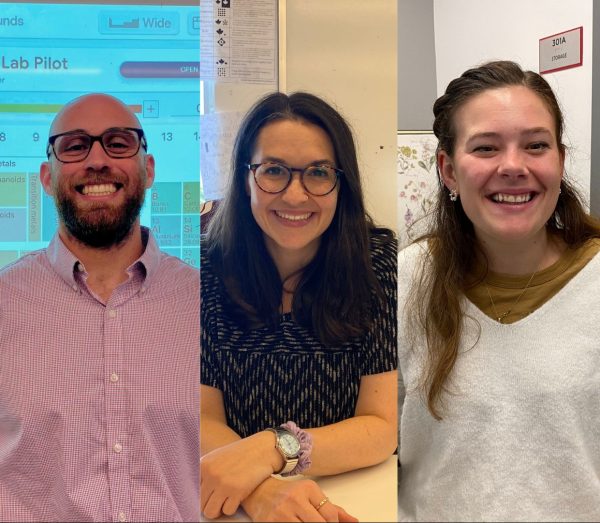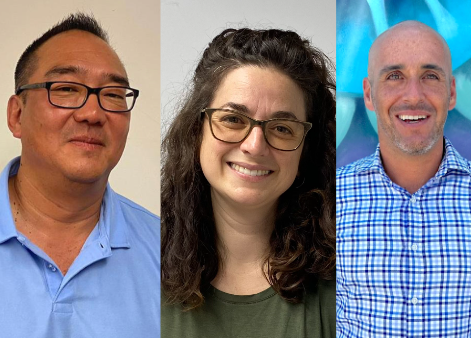New math chair loves English and writing, too
REPUTATION: Like previous math chair Mrs. Malikov, Dr. Walton also hails from feeder school Maimonides Academy, as their math department chair.
Though many believe the world is split up between “math people” and “English people,” Dr. William Walton — new math department chair and Dean of Curriculum and Instruction — is a walking objection to this common view.
Dr. Walton, who is teaching Algebra, Pre-Calculus and AP Calculus, has degrees in both Math and Creative Writing from Carnegie-Mellon University. He believes math and English have more in common than people think.
In an interview last week, he quoted Herbert Simon, a winner of the Nobel Prize in Economic Sciences, who said, “Math is nothing more than a system of permissions and prohibitions.”
“So you can look at it as if it’s halacha,” or Jewish law, Dr. Walton said. “You can also look at it as a way of argument, you can also look at it as a way of being creative. If I’m trying to prove something, how can I find the most convincing route to explain to the reader that this is the way the limit works, for example.
“If you major in math,” he continued, “you find that math is really about writing and not solving problems.”
While working toward his degrees, Dr. Walton was also the creative non-fiction editor of Carnegie Mellon’s literary magazine, the Oakland Review.
Then in 2000, a personal essay of his was published in the famous Sewanee Review, which has also published William Faulkner, Albert Camus, Saul Bellow, Ezra Pound and Sylvia Plath. The essay, titled “Plastic Impressions,” offered candid experiences from his childhood and that of his sister, Ann.
“Whenever we were scolded for misbehavior, Ann and I would remind our biologist mother that, ‘All we are is recycled genes — we’re you and Dad, again,’” Dr. Walton wrote in his essay. “Mom would usually find this funny and pleasing and at times she even smiled and said, ‘You have a point.’”
But in other parts of the work, Dr. Walton veered into a deep analysis of religion and Monet’s cathedral painting series. Monet’s paintings of the cathedral in Rouen, France, look as if he painted them on the spot, though he frequently went back to his studio to work on them.
“Suppose we are God’s impression and what might have been his initial ‘painting at Rouen’ is of our conception,” Dr. Walton wrote. “But during the next nine months, God revises and revises. The weather there influences his feel for us, and in the end, when we are produced, we are not the lump sum of an evolution and an improvement in the workings of an original essay, but rather the product of disjointed and disturbed emotions, of the collision of weather at Rouen and at Giverny.”
This theory of things being drafted and re-drafted is another way in which Dr. Walton compares math and English. Equations, laws of math and novels all take a long time to finally formulate, he explained.
“And now, [they’re] fully codified and neatly packaged to students, but that took a long time,” he said.
Dr. Walton taught at Milken Community High School, then at Pilgrim School in Koreatown, then at Tarbut V’Torah Community day school in Orange County. Then for the last five years, he taught in the middle school at Gindi Maimonides Academy — one of Shalhevet’s biggest feeder schools.
“He’s a good teacher because we learn the material really well, but he’s also a really friendly teacher who knows how to engage a class,” said senior Ariel Cohen, who studied Pre-algebra and advanced Algebra with Dr. Walton at Maimonides.
After receiving his undergraduate degrees, Dr. Walton pursued a doctorate in English from Syracuse University, but left the program after two years. Most English doctoral programs take nine years to complete, according to Dr. Walton.
“I didn’t want to stay in a library all day, I get energy from being around people,” he said.
Dr. Walton said he knows how to engage kids because of his own experience as a young math student.
“For me math was never the easiest topic, I loved writing the most, so I had to work at math,” he said. “I always try to figure out a way to explain it, and I’m also aware that you can look at different things from more than one way, and I also know that you can have multiple interests and still be good at math.”
In 2014, Dr. Walton received his Ed.D. from UCLA. His dissertation was about financial aid and financial management of independent schools, using data during the 2008 economic crisis, which was the first time the number of students on financial aid went above 20 percent.
When he is not philosophizing about art, religion or math — or teaching the latter — he said he enjoys traveling, especially to Death Valley.
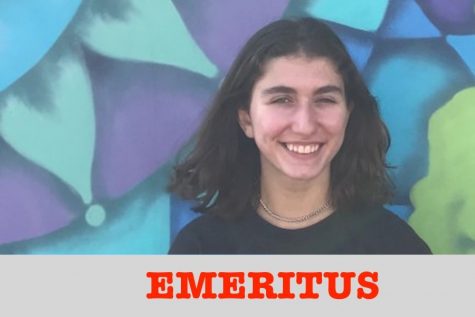
Hannah Jannol was Editor-in-Chief of the Boiling Point during the 2017-2018 school year. Since then, she has attended The New School and written for their HerCampus chapter; edited obituaries for The Trace; written poetry for Eleven and a Half literary magazine, and run Instagram and Twitter for Uptown Stories. Her favorite parts of being on Boiling Point were production night and writing long-form features stories, many of which won awards from CSPA, Quill & Scroll and the American Jewish Press Association.

